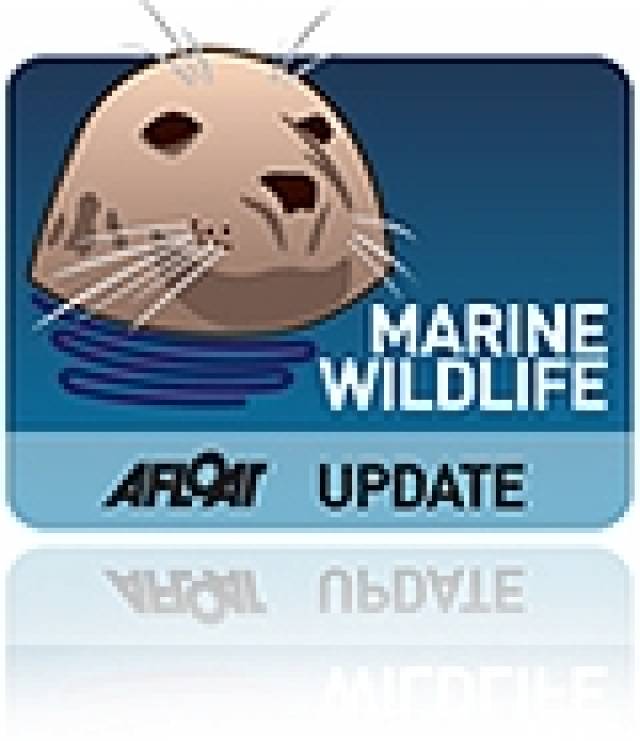#Biodiversity - Coastwatch volunteers taking part in events for National Biodiversity Week have discovered a massive honeycomb reef as much as a kilometre long in the Waterford Estuary.
Members of the public began checking the shore between Hook Head in Co Wexford and Annestown in Co Waterford on Monday 18 May, an area that has previously shown signs of honeycomb reefs.
But volunteers were astounded to make this latest massive discovery, and Coastwatch members are working to ascertain if it might be the biggest reef of its kind in the world, a record currently held by Saint-Malo in Brittany.
Karen Dubsky of Coastwatch Europe said "first results look very encouraging. We are looking for more surveyors to give an hour and search their shore."
Events continue till Monday 1 June for Ireland's National Biodiversity Week 2015, with today (Friday 22 May) being International Day for Biological Diversity.
Upcoming flagship events include a marine wildlife-watching trip to Lambay Island next Wednesday 27 May, but the event calendar lists a whole host of activities both around the coast and inland throughout the country.































































